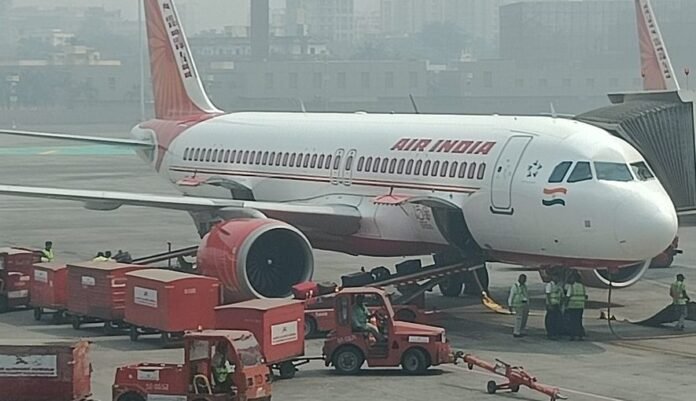Air India faces up to $600 million in additional costs due to Pakistan’s airspace closure, seeking government support to mitigate the financial impact
Air India is facing a significant financial setback, with estimates suggesting the airline could lose up to $600 million due to Pakistan’s closure of its airspace to Indian carriers. The airline warns that the ban, which could last for an entire year, will result in extended flight times and increased fuel costs as planes are forced to reroute.
According to a letter obtained by Reuters, the closure will not only impact operational costs but also passenger experiences. The ban is linked to ongoing diplomatic tensions following the Pahalgam attack, which India has attributed to Pakistan’s deep state. This airspace closure is set to remain in effect until at least May 23, but Air India has expressed concern that the situation may extend beyond that.
The additional operational costs are mainly driven by the longer flight durations. For example, flights to destinations in the Middle East will now take longer, requiring more fuel. Air India has already been struggling financially, reporting a net loss of $520 million for FY2023/24, and the added costs are expected to exacerbate the airline’s financial woes. The carrier has requested subsidies from the Indian government to help offset the losses.
“Subsidy for affected international flights is a good, verifiable and fair option,” Air India said in its letter to the Aviation Ministry. The airline believes such subsidies could be removed once the situation improves, but the immediate need is clear: without assistance, the ban could cost Air India upwards of $591 million annually.
IndiGo, another major Indian airline, is also feeling the effects of the airspace closure, with certain flights facing extended durations. However, Air India, with its greater volume of international flights, stands to bear the brunt of the impact, between Air India, Air India Express, and IndiGo, an estimated 1,200 flights left from New Delhi for international destinations in April.
Embed from Getty ImagesMeanwhile, the Indian government is dealing with the broader political fallout from the attack. Prime Minister Narendra Modi has vowed retribution against those behind the Pahalgam attack and has reportedly greenlit military action against The Resistance Front, a Pakistan-based terror group. Despite this, the government is aware of the economic repercussions, especially for businesses in Kashmir, and is considering measures to support affected industries, including tax breaks, allowing additional pilots for longer flights, and exploring overflight clearances with China, a Pakistani ally.
The situation remains fluid, but Air India’s plea for government support highlights the extent of the financial strain caused by the ongoing geopolitical tensions and the disruption to the airline industry.
